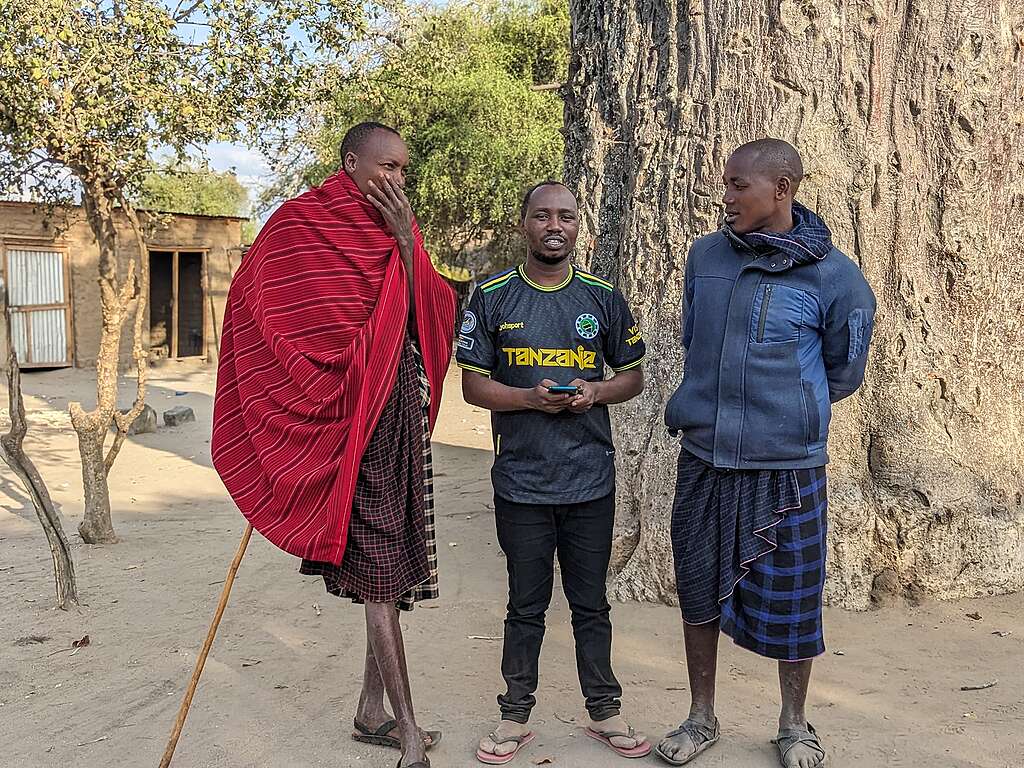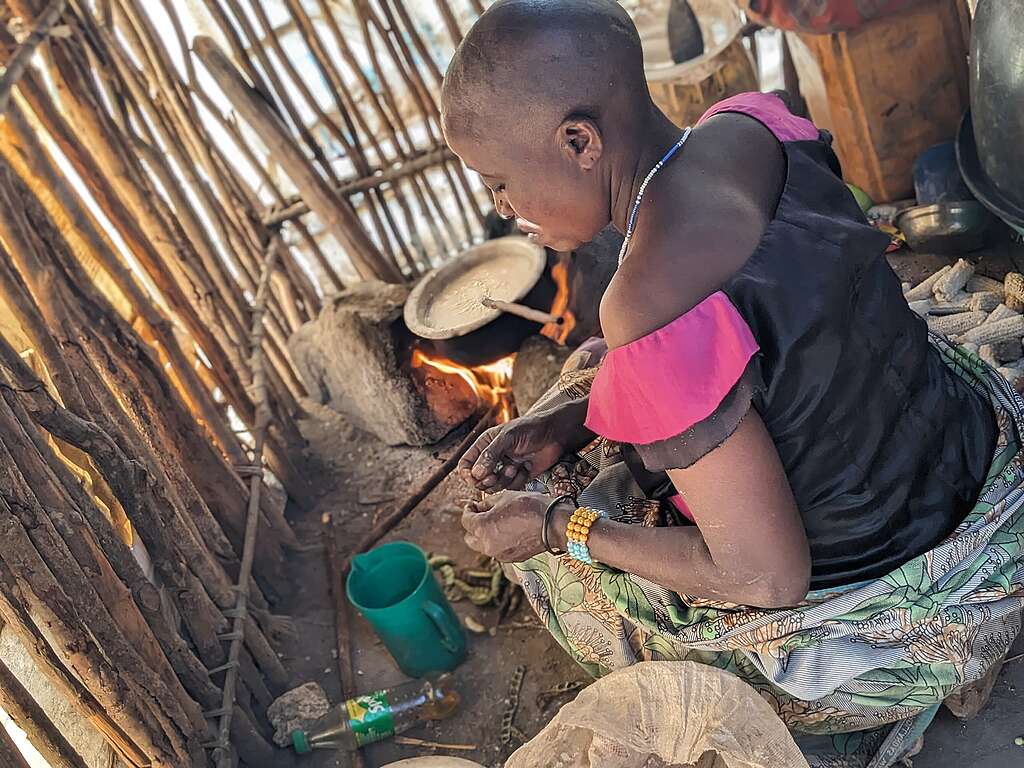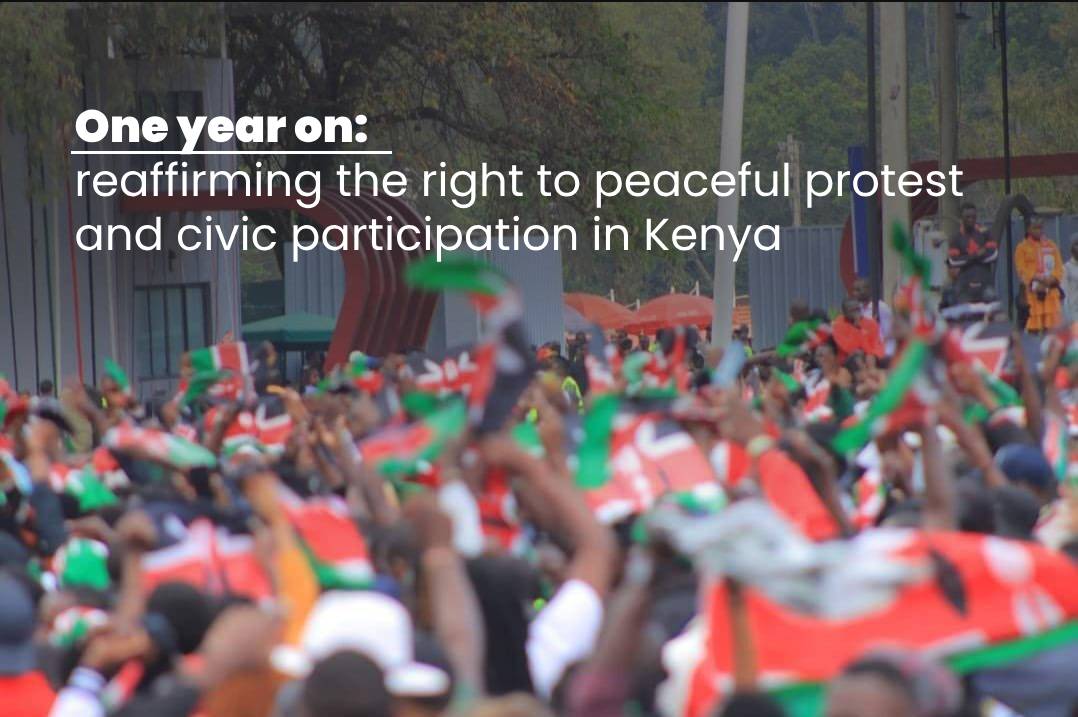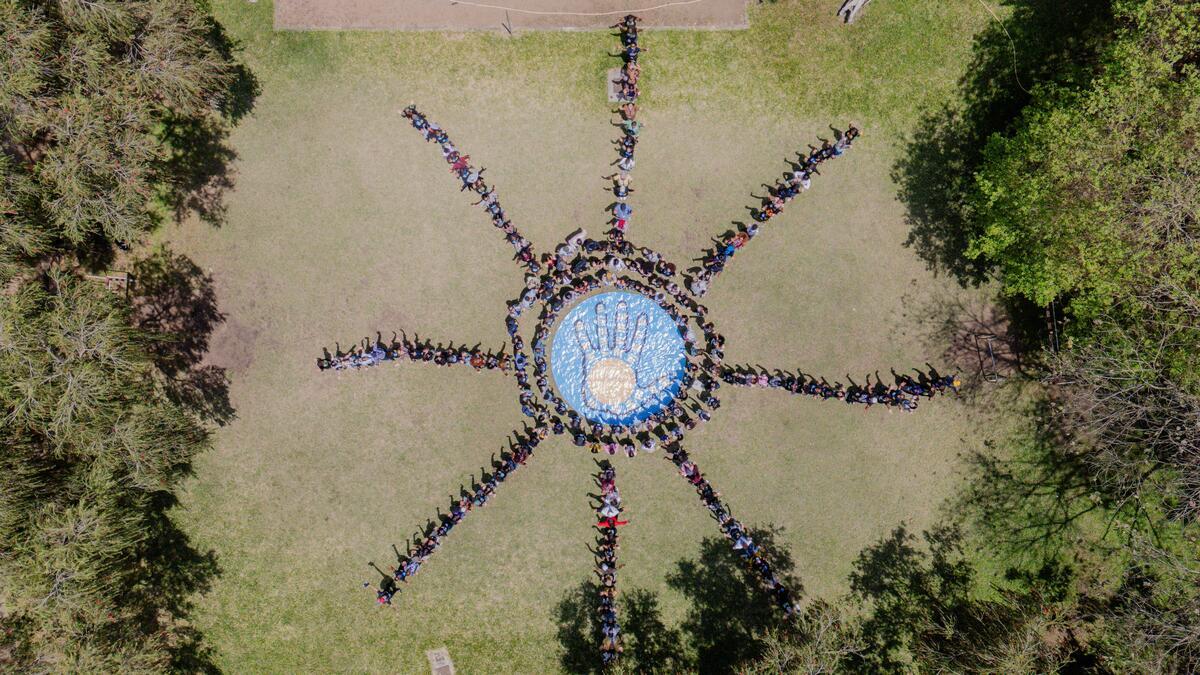Can we truly call it conservation if it comes at the cost of displacing those who have nurtured the land for centuries? Ngorongoro is one of the conservation areas located in Tanzania, home to the Maasai community, who have lived there for generations. It is an area rich in valuable resources, including wildlife, medicinal plants, and trees, which not only provide food but also serve as shelter. The Maasai are pastoralists and have carried out their way of life in the area for centuries. However, they are now facing the threat of displacement from their homes. Efforts to expand conservation in Ngorongoro have led to the forced eviction of the Maasai, sparking widespread debate and raising serious questions about the true cost of conservation.
Can we really protect nature by displacing the very people who have been its stewards for centuries?
As a climate change and social justice activist, this issue deeply concerns me. For many years, I have worked with the environmental and climate change organisation, Green Conservers, to ensure justice and equality for both people and the environment. In my work, I have witnessed how women, indigenous communities, and impoverished groups face numerous challenges, despite contributing the least to these crises. The case of Ngorongoro is a stark reminder of this reality.
The Maasai community has lived in this area for a very long time, using their land for various human activities. They are a pastoralist community, but the area is also known for its diverse wildlife. Suddenly, efforts to expand conservation and tourism in this area have led to the forced eviction of the community. Thousands have been displaced, and others have had to change their way of life as they are removed from their homes under the guise of environmental conservation.
But is this really conservation, or are we prioritising the desires of outsiders over the rights of the people who have lived on this land for generations?
The forced removal of the Maasai raises both environmental and human rights concerns, as they are being displaced from their homes. This issue reflects a broader global problem, where marginalised communities face the brunt of climate change while their voices are often ignored. At the Climate Justice Camp 2024, stakeholders from various countries discussed strategies to combat these challenges, with the Maasai’s situation highlighting the need for conservation efforts that involve local communities. You cannot displace people in the name of conservation while ignoring their role in those efforts. My participation at the camp reinforced my belief that we cannot protect nature while disregarding those who have nurtured it for generations.
The presence of the Maasai on their land is not destructive but rather nurturing, as it should be. They have lived there for generations, and their presence is vital. Removing them from this area disregards their contribution. In my opinion, the eviction of the Maasai is an extension of colonial thinking, and the fight against these injustices should be led by developed nations, not by local communities.

As an environmental and women’s rights activist, when I reflect on the issue of Ngorongoro, I am deeply troubled by how often the voices of women and indigenous communities are ignored in the quest for environmental justice. Women, particularly from these communities, bear the heavy burden of such evictions. In other areas, women are forced to walk further to fetch water, lose their livelihoods, and are often left without support when their homes are taken. For the Maasai, displacement threatens not only their economic independence but also their deep connection to the land that sustains them. Their homes are rich in resources and form a vital part of their cultural heritage. Maasai women, who play a central role in the resilience and survival of their community, are often the most vulnerable to the impacts of displacement, facing increased domestic burdens and loss of their traditional roles. This makes their protection all the more crucial in any conversation about conservation.
This is why ensuring justice for this community is so important—recognising the rights of indigenous people, women, and vulnerable groups. The eviction of the Maasai from Ngorongoro is not just a Tanzanian issue; it stands as an example for other nations where the rights of marginalised communities are exploited for the benefit of others, and where conservation is seen as something that can only be achieved by developed countries. Someone who has worked closely with communities like the Maasai would understand how indigenous traditions can be part of the solution in tackling climate change, rather than viewing them as obstacles.

We stand with communities facing challenges like these and others that are confronted with such threats, respecting their rights and ensuring they receive the justice they deserve. The Maasai should not be displaced from Ngorongoro; instead, their knowledge and traditions should be seen as part of the solution for positive change. As we continue to fight for climate justice, we must also fight for the human rights of those most affected by climate policies and conservation efforts.The story of the Maasai in Ngorongoro is a powerful reminder that conservation cannot be achieved by displacing people from their homes. True, inclusive change must respect the rights of all individuals, especially those who have lived on and safeguarded the land for generations. As a gender and climate justice activist, I am committed to raising my voice against injustices like the forced eviction of the Maasai and advocating for solutions that protect both the environment and the communities who rely on it.
As we strive for a future where both people and the planet thrive, let’s ensure that those who have long protected our natural world are valued and supported. You can make a difference today by joining the call to stop the forced eviction by the Maasai.

Defend Maasai Rights
Stop auctioning Maasai land to carbon traders and trophy hunters
Ziada Kassimu,
A Tanzanian Gender and Climate Justice Activist



